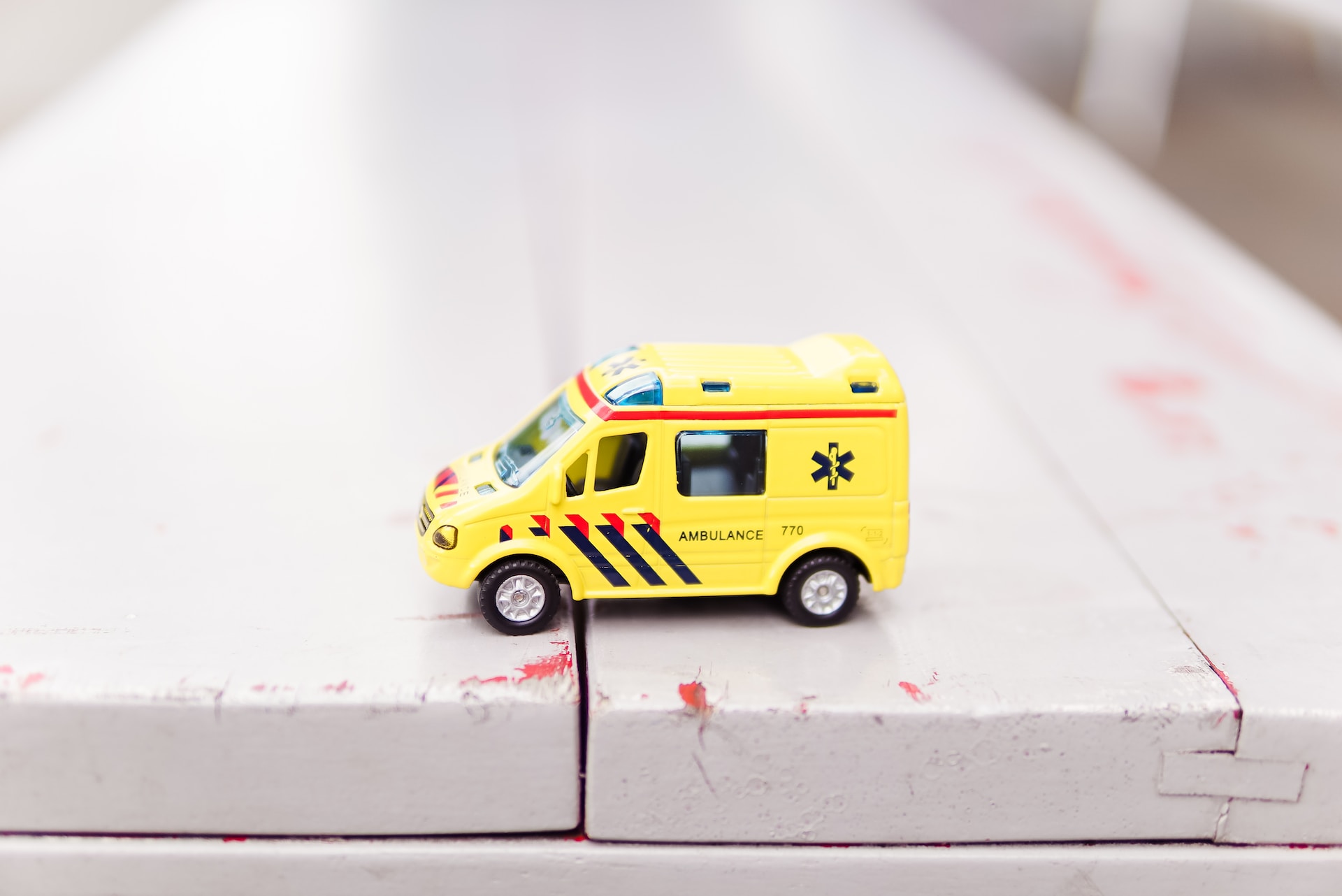
Why do you need an emergency fund?
Life is what happens to you while you’re busy making other plans, as the song goes. So why do you need an emergency fund?
Even if you are highly organised and across every detail, an unexpected curveball can still be encountered, which can often be extremely costly.
That’s why we always recommend having an emergency fund in place: your safety net in case you’re hit by circumstances you couldn’t have predicted.
Unforeseen emergencies are inevitable.
Even if you’re meticulous with your finances, you’ll always face unexpected expenses at some point.
For example, an expensive home appliance may be broken down and require replacement, or your home may incur significant damage that must be repaired. That’s life.
If that happens, the last thing you want is to empty your current account. Forcing yourself to dip into savings or get into debt to cover such costs is not a great idea! Having an emergency fund could be the answer.
Stay afloat if you lose your income.
Countless circumstances could lead to losing your job or temporarily ending your income.
Perhaps your employer is downsizing or changing its business plan. Or maybe your industry is facing an economic downturn, and your employer can’t afford to keep you on.
If you have an emergency fund in place, you’ll be in a stronger position to make ends meet during the – hopefully brief – period that you’re looking for a new job or dealing with a reduced income.
What is a recession and five tips to help you through it.
What does the Government backed Moneyhelper website say about Emergency Funds
Peace of mind
Money is one of the biggest causes of stress and anxiety, so you don’t want to compound the disruption and trauma of an unexpected emergency by worrying about making ends meet.
With an emergency fund in place, you’ll feel a greater sense of security and preparedness and be ready to face whatever difficulties life throws at you.
That, in turn, can help you make better decisions and find the right solutions to a problem.
Freedom to take considered risks
Many financial decisions, such as changing your career or starting your own business, could be termed risky.
Having one set up can be a financial cushion during these times of significant change and upheaval. Simply knowing it’s there could give you the confidence to make substantial changes in your life.
How much money should I have in an emergency fund?
The amount you should put aside for an emergency fund or your rainy day will depend on your circumstances. But generally speaking, we recommend that an emergency fund contain a sum comparable to three to six months’ worth of your living expenses.
Your emergency fund should also be easily accessible so you know where and how to use it if or when that day arises.
As financial planners, we aim to put our clients on a firm financial footing so they can confidently plan for the future.
An emergency fund is one way to do this, so it should form part of your overall financial strategy.
Please get in touch with us if you have any questions about setting up an emergency fund and being financially prepared for emergencies.
